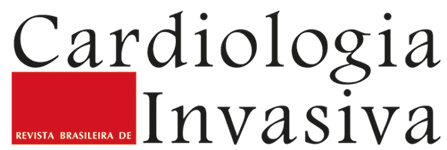BACKGROUND: The radial access is object of increasing interest for diagnostic and therapeutic procedures, due to several advantages such as convenience for patients in the early post-procedure period, decreasing hospitalization time with a consequent reduction in hospital costs, and a lower puncture site complication rate when compared to the femoral approach. METHODS: Retrospective analysis of 2,027 consecutive patients undergoing elective percutaneous transluminal coronary angioplasty (PTCA) from June, 2006 to January, 2008, comparing patients undergoing PTCA using radial and femoral access (RA group and FA group, respectively) in relation to clinical, angiographic and procedural characteristics, and early and late outcomes. RESULTS: Radial access was used in 27% of the patients. The RA group included a larger number of males (75% vs. 63.8%; P < 0.001) with single vessel disease (45.1% vs. 37.3%; P < 0.001). There were no differences for left ventricular dysfunction, type of lesion or use of IIb/IIIa glycoprotein inhibitor. Angiographic success was greater with radial access (99% vs. 97.3%; P = 0.046). There were fewer major adverse cardiac events (MACE) with the use of radial access both during hospitalization (0.7% vs. 2%; P = 0.043) and the late follow-up (11.3% vs. 16.3%; P < 0.005), due to the lower clinical and angiographic complexity of the patients. CONCLUSION: The radial technique, in the initial learning curve of operators and in selected patients, showed excellent clinical results when compared to the femoral technique. Its use in the clinical practice might be an additional option in patients with a more complex profile.
Radial artery; Femoral artery; Angioplasty, transluminal, percutaneous coronary; Heart catheterization






